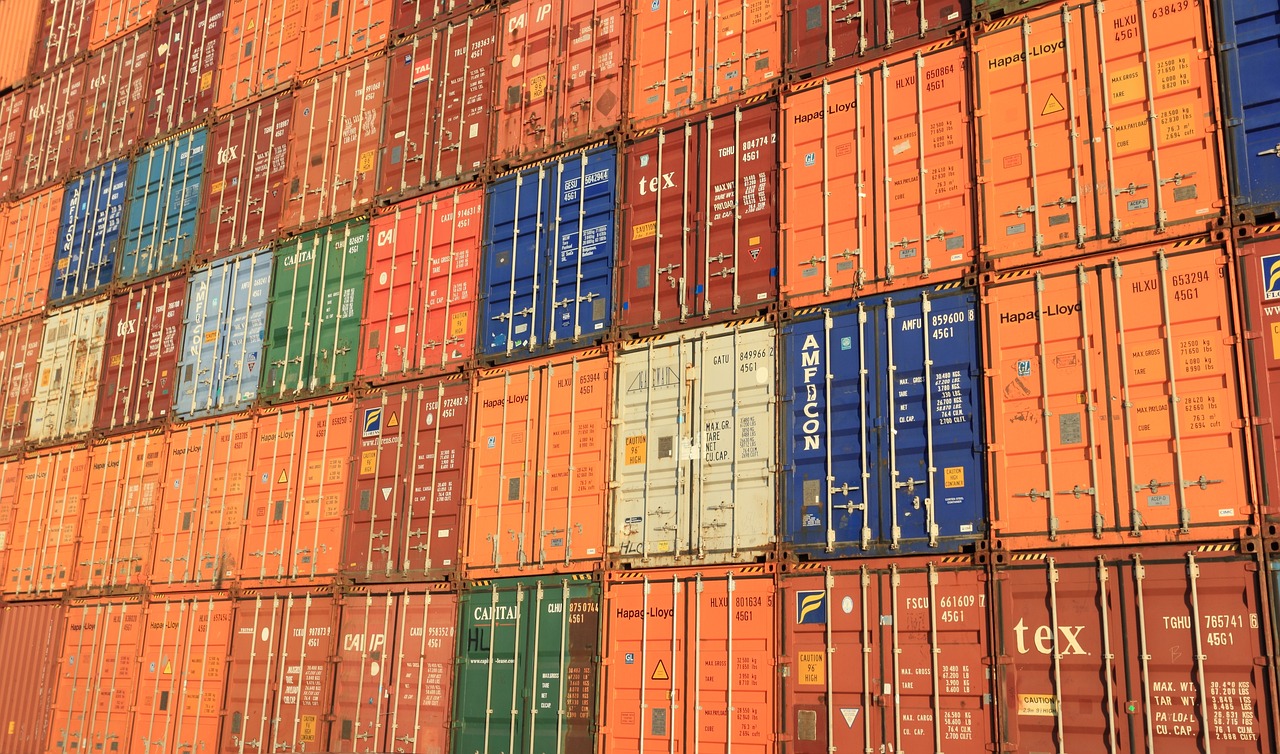Navigating Trade: The Essential Role of Customs in Jamaica
Customs authorities are essential to the economic framework of any nation, serving as a critical interface between domestic markets and international trade. In Jamaica, the Customs Department is not just a tax collector but a facilitator of trade, an enforcer of regulations, and a protector of national interests. Understanding how customs operates is crucial for businesses and individuals alike, as it can have significant implications for the economy and the livelihood of citizens.

What is Customs?
Customs refers to the government agency responsible for regulating the flow of goods into and out of a country. This agency manages the assessment and collection of tariffs, duties, and taxes on imports and exports. Additionally, customs ensures that imported goods comply with national laws and standards, which may include safety regulations, environmental considerations, and trade agreements.
The role of customs is multi-faceted, encompassing revenue generation, trade facilitation, and national security. It serves as a gatekeeper, assessing and processing a wide variety of goods, from consumer products to industrial machinery, and ensuring that they meet established guidelines.
How Customs Works
- Importation Process: When goods are imported into Jamaica, they must pass through customs. Importers are required to submit various documents, including invoices, packing lists, and bills of lading. These documents provide essential details about the nature, value, and origin of the goods. Customs officials assess this information to determine applicable tariffs and duties. For example, if a business imports agricultural equipment, it must accurately declare its value to avoid penalties.
- Assessment and Duties: Customs utilizes a system known as the Harmonized System (HS) to classify goods. Each product is assigned a unique HS code, which aids in determining the applicable duty rate. Tariffs are taxes imposed on imports designed to protect local industries and generate revenue for the government. An integrated tariff table outlines the specific duties for various products, making it easier for businesses to understand their obligations.
- Inspections and Compliance: Customs conducts inspections to ensure that imports comply with Jamaican laws and regulations. This process can include checking for prohibited items, verifying the accuracy of declared values, and ensuring that safety standards are met. Non-compliance can lead to severe penalties, including fines, delays, or even confiscation of goods. For instance, if a shipment is found to contain undeclared hazardous materials, it could result in hefty fines and legal action.
- Exports and Trade Facilitation: Customs also plays a critical role in exports, ensuring that Jamaican products meet the standards of the destination country. Efficient customs processes facilitate quicker clearance times, essential for businesses that rely on timely delivery. For example, in the agricultural sector, fresh produce must be exported quickly to maintain its quality; delays can lead to spoilage and financial losses.
Integrated Tariff Based on HS 2022

A vital component of customs operations is the integrated tariff system, which outlines applicable tariffs and duties for various goods based on HS codes. This system allows importers and exporters to understand their obligations clearly and calculate potential costs associated with their shipments.
The integrated tariff table typically includes the following headings:
Tariff Code: This unique HS code is assigned to each product category, allowing for precise classification and tariff determination.
Description: A brief description of the product associated with the tariff code, clarifying what specific items fall under that category.
Duties and Taxes: Columns for various duties (e.g., GCT, SCT) indicate the rates applicable to each item, helping businesses budget for their imports accurately.
Aggreg. Limit: This may specify maximum quantities or values subject to particular duties or conditions, offering guidance on permissible limits.
End Use: This indicates the intended use of the product, which can affect tariff rates. For example, goods used for personal consumption may be taxed differently than those intended for resale.
Alt. End Use: This column provides an alternative intended use classification, allowing flexibility in how goods are categorized for tariff purposes.
Units: Measurement units for the products (e.g., kg, units) are crucial for calculating quantities and determining applicable duties based on weight or count.
The integrated tariff table serves as a vital resource for businesses, enabling them to calculate costs, ensure compliance, and plan trade effectively.
Practical Impact of Customs on Businesses
The effective management of customs can have far-reaching effects on businesses operating in Jamaica. Good customs practices facilitate smooth operations, while poor management can lead to significant challenges.
- Cost Efficiency: Good customs management ensures that businesses are aware of their obligations, allowing them to budget accurately for duties and taxes. For example, if a company is well-informed about potential tariffs, it can factor these costs into its pricing strategy, maintaining competitiveness in the market.
- Reduced Delays: Efficient customs procedures minimize delays in clearance times. This is particularly important for perishable goods, which can spoil if not transported quickly. A well-managed customs process enables timely delivery, enhancing customer satisfaction and reducing waste.
- Legal Compliance: Good customs management ensures that businesses comply with national laws and international agreements. Non-compliance can lead to penalties, fines, and reputational damage. For instance, if a business imports goods without the necessary documentation, it risks facing severe financial and legal repercussions.
- Facilitated Trade Relations: Effective customs management promotes trust and cooperation between countries. A reputation for efficient customs operations can attract foreign investors and enhance Jamaica's position in international trade.
- Understanding Misunderstandings: Poor management or misunderstandings can result in significant losses. For example, if a business misinterprets tariff codes or fails to comply with customs regulations, it may face unexpected costs or delays. A lack of clarity can lead to misdeclared shipments, which can trigger audits and penalties, severely impacting the bottom line.
Benefits of Good Management vs. Poor Management
Good Management: Effective customs management fosters a smoother flow of goods, reduces costs, enhances compliance, and builds strong trade relationships. Businesses can operate with confidence, knowing they are adhering to regulations and maximizing their competitive edge.
Poor Management: Conversely, poor customs management can lead to delays, increased costs, legal issues, and damage to reputation. Companies may find themselves facing unanticipated tariffs or fines, eroding profits and jeopardizing their ability to operate effectively.
Navigating Customs: Questions to Ask
Understanding customs can be complex, especially for newcomers to the process. Here are some questions to consider when engaging with customs services:
- What documents do I need for import/export?: Ensure you know the required paperwork to avoid delays.
- How are duties and taxes calculated?: Understanding the basis for tariffs can help you budget more effectively.
- What are the restrictions on certain goods?: Some products may be prohibited or subject to specific regulations.
- How can I expedite the clearance process?: Inquire about processes that can speed up your transactions, such as pre-arrival processing.
- What support services are available?: Customs may offer resources, guides, or consultations to help you navigate their systems.
Conclusion
Customs is a fundamental pillar of Jamaica's economy, influencing trade, revenue generation, and national security. For businesses and individuals alike, understanding the customs process is essential for navigating the complexities of international trade. By asking the right questions and engaging with customs services effectively, you can ensure compliance and contribute to a thriving economic landscape in Jamaica.
Effective customs management not only protects individual businesses but also strengthens the national economy. As Jamaica continues to navigate global trade dynamics, a well-functioning customs system will be crucial for fostering economic resilience and growth. The importance of customs cannot be overstated; it is an essential element in the economic fabric of the nation, impacting everything from consumer protection to international trade relations.
